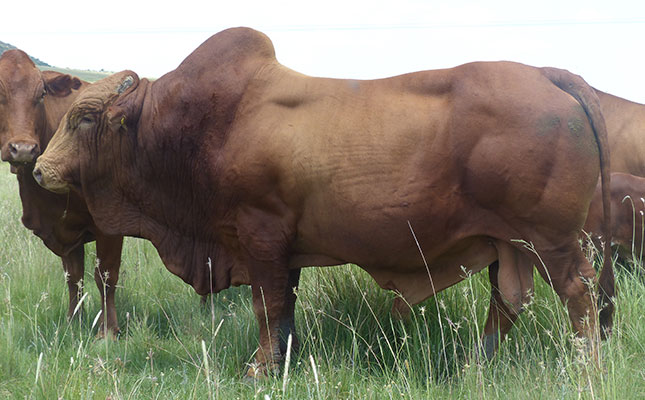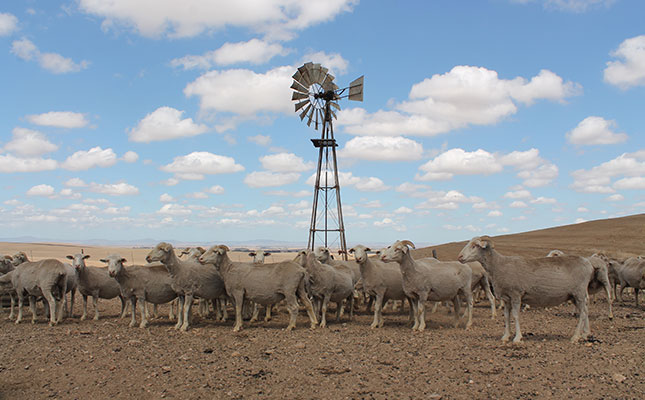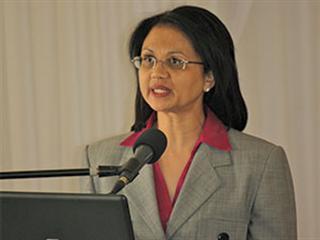
Photo: FW Archive
The number of bulls subjected to growth tests at the Agricultural Research Council’s (ARC) bull growth test centres have slowly started increasing again following a sharp decrease earlier this year due to outbreaks of foot-and-mouth disease, as well as the restrictions imposed due to the coronavirus disease (COVID-19) pandemic.
The drought conditions that have occurred over large parts of the country also added to declining numbers.
READ Reviving generations of Brangus genetics
Dr Ben Greyling, research team manager of the ARC’s Beef Cattle Improvement Scheme, told Farmer’s Weekly about 180 bulls were tested between January and May 2019.
During the same period in 2020, roughly 40% fewer bulls underwent testing. However, more recently, there has been a gradual increase again in the number of bulls brought to the ARC for testing.
“Bulls with top growth rates form the basis of any beef cattle production concern. Animals with a scientifically proven track record usually realise top prices, and the statistics obtained during the test period form a valuable selection tool,” he added.
READ Imported genetics: a winning strategy for top Angus breeder
The tests were being conducted at the ARC’s test stations in Irene, Vryburg, Glen (Bloemfontein), Cedara (Pietermaritzburg) and Elsenburg (Stellenbosch).
As part of the bull growth test, each bull’s merits were calculated and the information made available to the participating breeders’ societies.
The data thus obtained was also included in a national database, Greyling explained.
Dr Pieter de Kock, president of the Afrikaner Cattle Breeders’ Society of South Africa, said the growth tests conducted by the ARC were essential to highlight the integrity of a breed.
READ Artificial insemination: ideal for communal farmers
The test results provided empirical evidence to be used by breeders to “disprove false claims” made about a certain breed, and to take the breed forward, based on scientific research.
“It gives us an idea about the changes in selection and breeding values we need to implement, if needed. As Afrikaner breeders we insist that the tests on our bulls are done without hormone supplements, antibiotics or growth stimulants,” he said.












